I have a nearly perfect profile for a political conservative. I check all the “right” boxes: I’m a straight white male. I’m a native born American, with northern European heritage, and my family’s immigration happened several generations ago. I was raised in a middle class family with a stay-at-home mom in a small city in a bright red state. I attended a religious elementary school.
Now, I am married with three kids. I go to a protestant church. I worked in the corporate world for a while, and started my own successful small business 16 years ago. I’m beyond middle age, in my mid-50s. I’m financially comfortable.
That’s a whole lot of right wing risk factors. If you presented that profile to a political scientist or demographer and asked them to guess my political leanings, they’d surely guess that I’m a conservative. After all, Pew Research has found the following about contemporary political conservatives:
More than nine-in-ten (92%) non-Hispanic white and 56% male. The oldest of the groups (61% ages 50 and older). Married (79%), Protestant (72%, including 43% white evangelical), and financially comfortable (70% say paying the bills is not a problem). Many are gun owners (57%) and regular churchgoers (57% attend weekly or more often), and fully 81% are homeowners.
Other than the gun, that is me. You might as well fit me from my Tea Party tricorne hat right now.
So how is it that the guy who would be Central Casting’s idea of conservative is a liberal? My conservative friends speculate that I must be a) uninformed, b) brain-washed by the liberal media; c) deranged; and/or c) stupid.
But I have a different explanation: I’m liberal because I recognize a few fundamental things about myself.
I GOT A HEAD START, AND OTHERS DESERVE OPPORTUNTIES TOO. First, I recognize that I had a head start in life, and others deserve an opportunity to catch up. I have come to realize that being a straight, white, male, Christian American who was not born into poverty has given me unearned societal privilege. After all, we’re a nation whose private and public sector have always been controlled by straight, white, male, Christians of means, and that fact has given me significant built-in advantages that others don’t enjoy.
I often try to deny it, and chalk up my successes to my hard work, charm and talent. But the fact is, in many ways I was just plain lucky. Through an accident of birth, I was born with traits that the ruling class shares, and that helped me enjoy extremely important things in life, such as a stable childhood, a solid education, good jobs, raises, wealth and equal protection under the law.
For this reason, I support public policies that bring equal opportunity for those who, through no fault of their own, didn’t have that kind of head start — poor people, people of color, non-Christians, and new immigrants, among others. Fairness dictates that those folks have equal opportunities, and that’s why I support affirmative action, law enforcement reforms, targeted education scholarships, targeted income supports, pay equity legislation, progressive taxation, and civil rights laws.
Instead of protecting the privilege that fell into my lap as a newborn, the fair thing to do is to take steps to level the playing field for people who weren’t lucky enough to win the birth lottery. Extending equal opportunity to less privileged Americans is how the American Dream of upward mobility lives on, and I want it to live on.
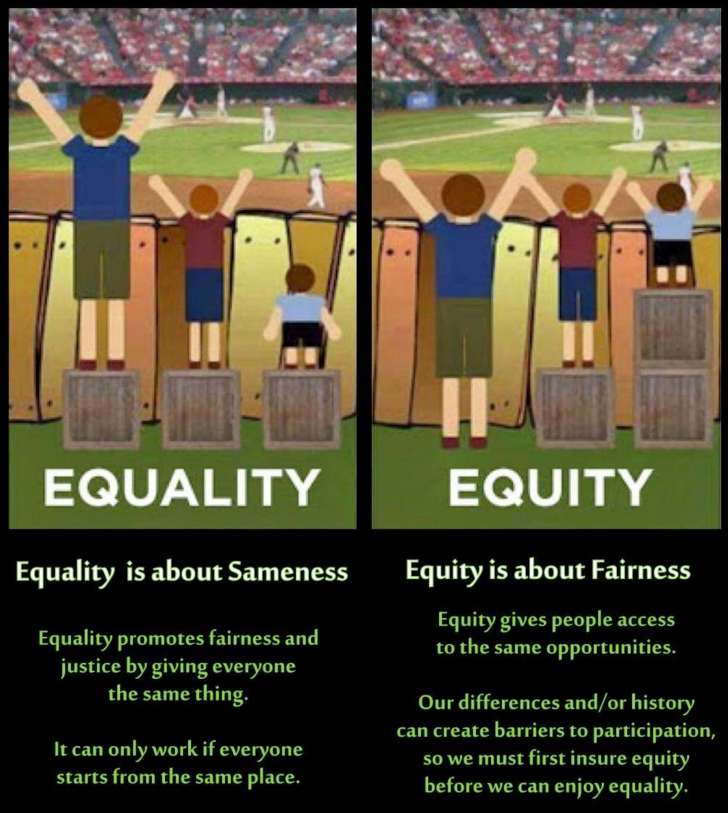
I’M SELFISH, AND I NEED TO BE SAVED FROM MYSELF. Second, I’m a liberal because I recognize that I and all humans need to be saved from ourselves. I know that we are all continually tempted to do things that helps us individually, but hurt the community as a whole. For instance, to feather our own nest many of us will cheat on our taxes, pollute, mislead fellow citizens, or otherwise harm others. Given that unfortunate part of our collective human nature, we need governmental rules and enforcement bodies to deter us from selfishly harming the community on which we all rely.
Because humans are selfish, we need the IRS, cops, soldiers, environmental and business regulations and civil and criminal laws. We need laws and law enforcement to have the stable, safe, fair and efficient communities that individuals and businesses need to thrive. And if you agree that administration and enforcement of laws is necessary, you have to be willing to, sigh, pay for it.
I BENEFITED FROM GOVERNMENT, AND NEED TO PAY IT FORWARD. I’m also a liberal because I recognize that government played a big role in my success. To some extent, I actually did “pull myself up by my bootstraps,” as the conservatives like to say. After all, I studied and worked hard, and overcame difficulties. But fortunately, I wasn’t alone in my pulling. I pulled, but so did past generations of taxpayers, with the government services and public goods they funded. The taxpayer-funded GI Bill, public schools, Social Security and Medicare pulled my parents up into the middle class, so that I could have a stable household in which to develop. My parents’ generation of taxpayers pulled me and my wife up, so that we could attend subsidized schools and universities, own a home, and benefit, directly and indirectly, from a government-funded infrastructure, safety net, regulatory structure and security force.
A lot of folks in past generations paid to lift up my family, and I appreciate their sacrifices. So now that I have benefited, fairness dictates that I return the favor to the people coming up the ladder behind me.
I NEED GREAT COMMUNITIES FOR SELFISH REASONS. The things I just mentioned may sound very altruistic, and I do hope the Golden Rule underpins my liberalism. But there is also a very selfish reason I am a liberal.
I support liberal policies because I, my kids and my grandkids will all benefit from living in stable, pleasant, efficient, and stimulating communities full of a diverse group of happy and successful people. It would suck to live in a gated community surrounded by a chaotic society, a crumbling infrastructure, crime, squalor and people who hated me, even if it meant my taxes were lower. That’s a more selfish reason why I’m willing to pay to help the community-as-a-whole succeed together.
This is not to say that I support unlimited government. Of course, I want government to continually strive to get more effective and efficient. Of course, I oppose illogical and unnecessary laws and regulations. Of course, I want incentives for people to work hard, and take personal responsibility for their actions. Of course, I want equal opportunity rather than equal outcomes.
But there are still plenty of very good reasons for successful white males like me to support progressive policies.

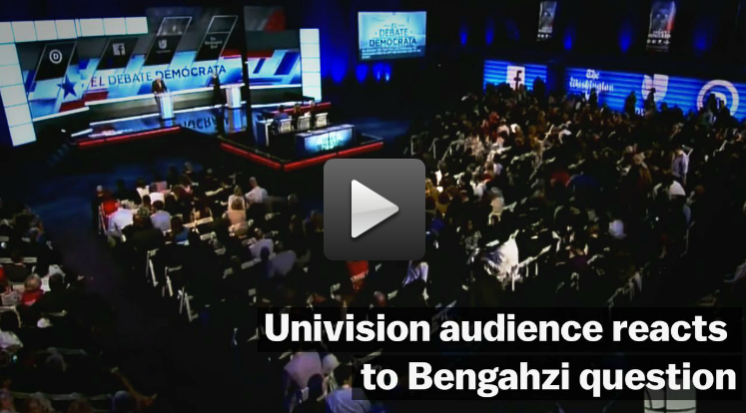
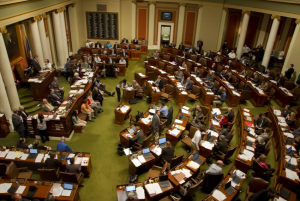 DFL state legislators are an awfully unpopular bunch. According to an August 2015 Public Policy Polling (PPP)
DFL state legislators are an awfully unpopular bunch. According to an August 2015 Public Policy Polling (PPP) 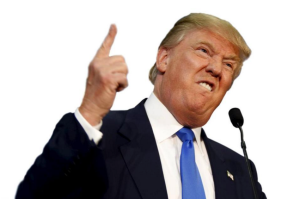 Donald Trump and Hillary Clinton are now pretty assured of winning their party’s nomination for president, both because they are far ahead and because it seems unlikely either will implode with their respective bases. They have both had fundamental vulnerabilities exposed, yet they both continue to have a sufficient amount of support to win their nominations.
Donald Trump and Hillary Clinton are now pretty assured of winning their party’s nomination for president, both because they are far ahead and because it seems unlikely either will implode with their respective bases. They have both had fundamental vulnerabilities exposed, yet they both continue to have a sufficient amount of support to win their nominations.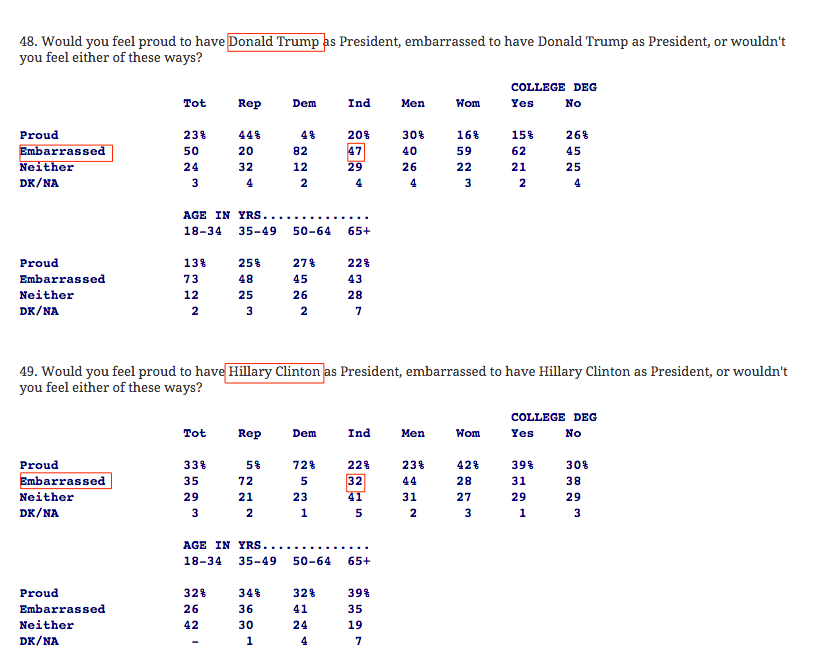
 When presidential candidate Bernie Sanders explains why Americans shouldn’t fear his “democratic socialism,” he usually
When presidential candidate Bernie Sanders explains why Americans shouldn’t fear his “democratic socialism,” he usually 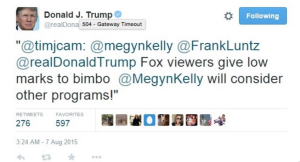 Maybe that’s because reporters are worried bullying candidates will give them the Megyn Kelly Treatment/Rebecca Quick Treatment. Maybe it’s because reporters don’t take the time to learn policy issues. Maybe it’s because reporters don’t respect voters’ intelligence enough to think that they will care about, or understand, policy issues
Maybe that’s because reporters are worried bullying candidates will give them the Megyn Kelly Treatment/Rebecca Quick Treatment. Maybe it’s because reporters don’t take the time to learn policy issues. Maybe it’s because reporters don’t respect voters’ intelligence enough to think that they will care about, or understand, policy issues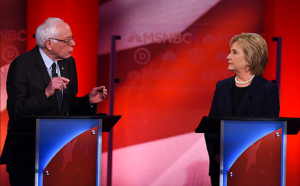 To hear Senator Hillary Clinton’s campaign tell it, you would think that there is absolutely no way to transition from the Affordable Care Act (ACA) world of today to an eventual Medicare-for-All world that her opponent Senator Bernie Sanders promotes.
To hear Senator Hillary Clinton’s campaign tell it, you would think that there is absolutely no way to transition from the Affordable Care Act (ACA) world of today to an eventual Medicare-for-All world that her opponent Senator Bernie Sanders promotes.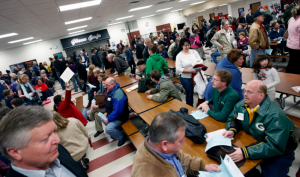 On March 1, Minnesota’s two major political parties will select its presidential nominees with a caucus system. Iowa will use a similar system in just a few days. So maybe we should take a moment to consider who gets the most and least representation out of this system.
On March 1, Minnesota’s two major political parties will select its presidential nominees with a caucus system. Iowa will use a similar system in just a few days. So maybe we should take a moment to consider who gets the most and least representation out of this system.
 My kids are all too aware of my unhealthy obsession with the Minnesota Vikings, so for Christmas they splurged and got me a “Legacy Brick”, which will be part of the plaza on the front porch of the
My kids are all too aware of my unhealthy obsession with the Minnesota Vikings, so for Christmas they splurged and got me a “Legacy Brick”, which will be part of the plaza on the front porch of the 

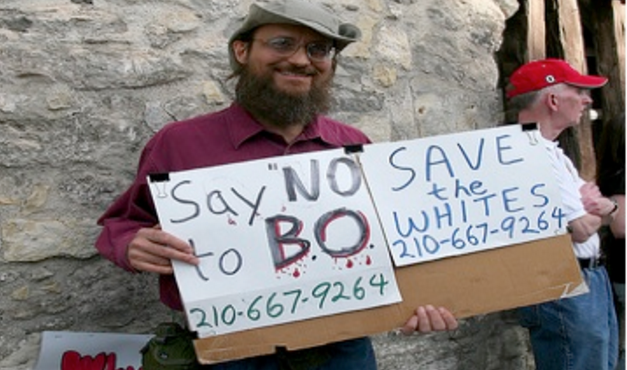 Mamas don’t let your babies grow up to be tea boys.
Mamas don’t let your babies grow up to be tea boys.
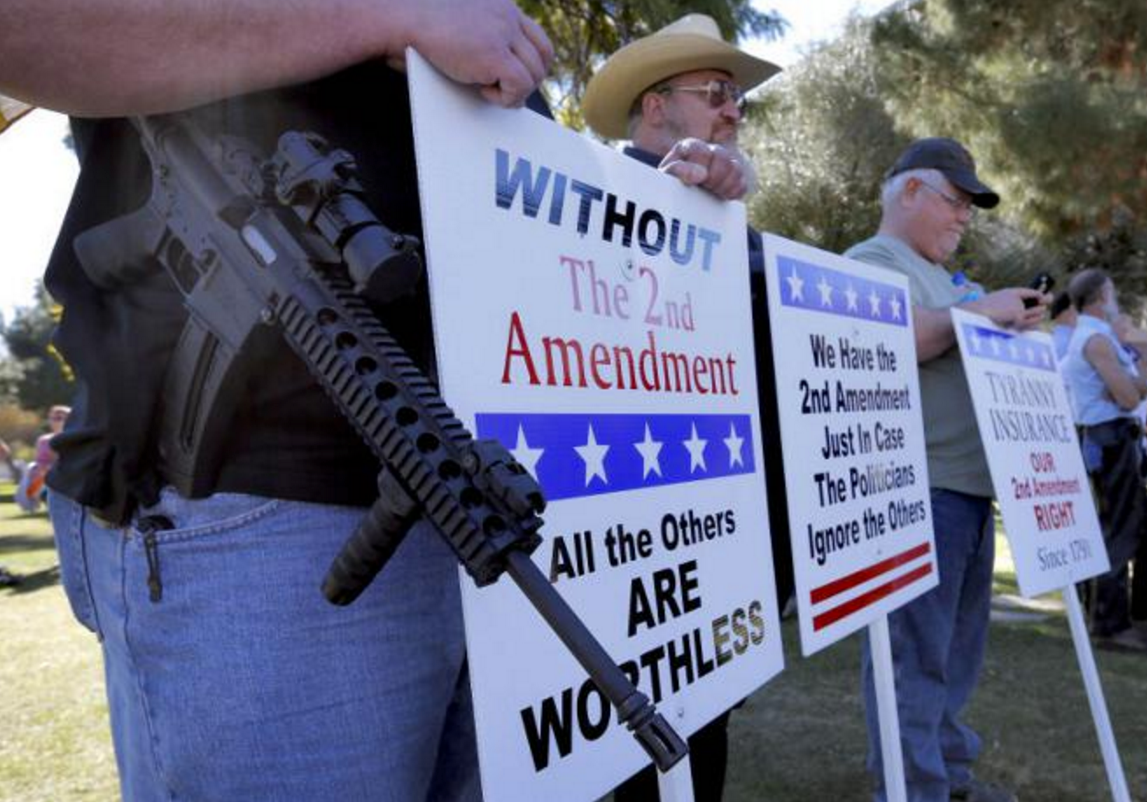 Mamas don’t let your babies grow up to be tea boys.
Mamas don’t let your babies grow up to be tea boys.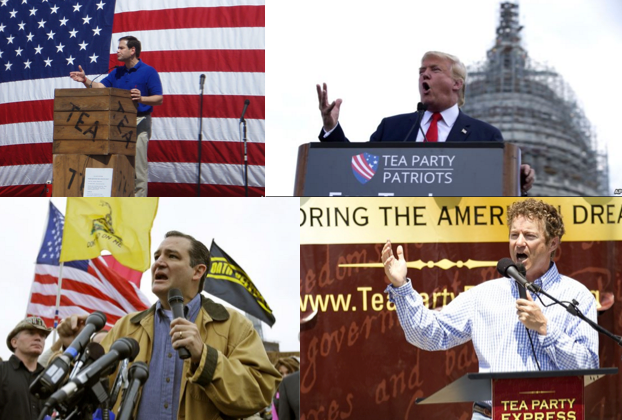
 Rubio ran for Senate in Florida as the candidate of the extremist Tea Party, not as the moderate alternative to the Tea Party.
Rubio ran for Senate in Florida as the candidate of the extremist Tea Party, not as the moderate alternative to the Tea Party.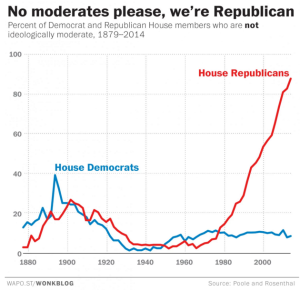 By any reasonable measure, Senator Rubio is a far-right extremist, as is Ohio Republican Governor John Kasich (88% lifetime ACU rating), who is also sometimes inaccurately labeled a moderate by simplistic pundits. Political scientists have
By any reasonable measure, Senator Rubio is a far-right extremist, as is Ohio Republican Governor John Kasich (88% lifetime ACU rating), who is also sometimes inaccurately labeled a moderate by simplistic pundits. Political scientists have  These are very scary times. Who among us does not lie awake at night worrying about dying in an elevator? I mean, what if one came crashing down while you were riding in it? Makes me shudder just thinking about it.
These are very scary times. Who among us does not lie awake at night worrying about dying in an elevator? I mean, what if one came crashing down while you were riding in it? Makes me shudder just thinking about it.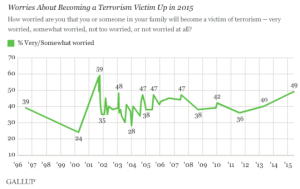 Despite this relatively low level of risk, many Americans are overcome by our fear of terrorism. Even in June 2015, well before the recent Paris and California terrorist attacks,
Despite this relatively low level of risk, many Americans are overcome by our fear of terrorism. Even in June 2015, well before the recent Paris and California terrorist attacks,  Watching the news coverage of the Republican presidential campaign, you get the feeling that there is a wave of support for the ideas of leading Republican candidates like Donald Trump, Ben Carson, Ted Cruz and Marco Rubio. For example,
Watching the news coverage of the Republican presidential campaign, you get the feeling that there is a wave of support for the ideas of leading Republican candidates like Donald Trump, Ben Carson, Ted Cruz and Marco Rubio. For example, 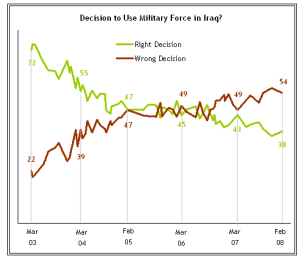 In other words, the national mood is much like when America rushed into the Iraq War in 2003.
In other words, the national mood is much like when America rushed into the Iraq War in 2003. 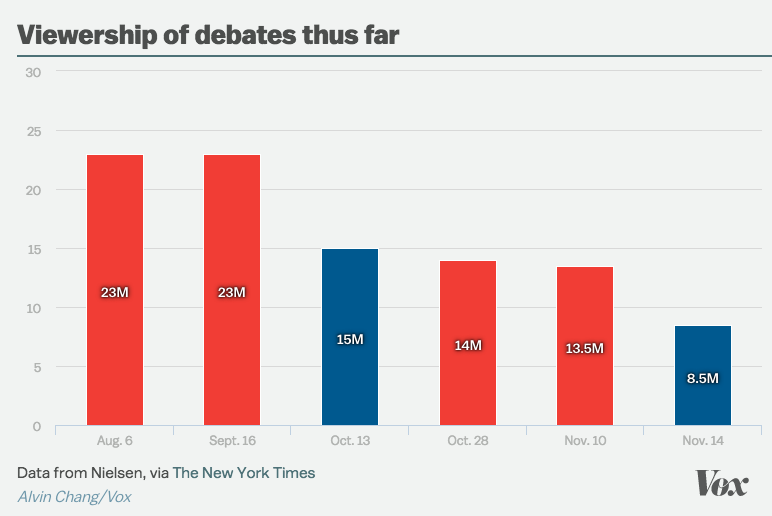
 I confess, I say “happy holidays.” Not always, but pretty often. But I promise, we are not at war.
I confess, I say “happy holidays.” Not always, but pretty often. But I promise, we are not at war. I’ve used the phrase my whole life. Remember the song “Happy Holiday?” That song was written in 1942 by Irving Berlin, not in the past decade by “the PC crowd.” Point being: The phrase “happy holidays” has been bouncing around in my head for half a century. It’s traditional.
I’ve used the phrase my whole life. Remember the song “Happy Holiday?” That song was written in 1942 by Irving Berlin, not in the past decade by “the PC crowd.” Point being: The phrase “happy holidays” has been bouncing around in my head for half a century. It’s traditional. Bill O’Reilly, and the other “War on Christmas” mongers on Fox News and conservative talk radio are working overtime to convince us that we are at “war.” That’s nonsense. My “happy holidays” greeting is not an act of “war” against anyone, any religion or any culture. It’s merely a polite, flexible and traditional statement of well wishes in a pluralistic society.
Bill O’Reilly, and the other “War on Christmas” mongers on Fox News and conservative talk radio are working overtime to convince us that we are at “war.” That’s nonsense. My “happy holidays” greeting is not an act of “war” against anyone, any religion or any culture. It’s merely a polite, flexible and traditional statement of well wishes in a pluralistic society.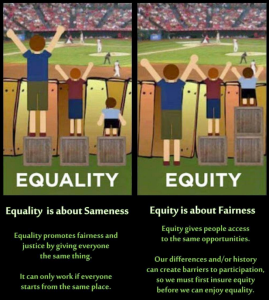 We also know that research shows that education achievement gaps can be measured in children as young as
We also know that research shows that education achievement gaps can be measured in children as young as 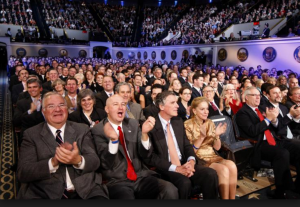 If I were a political party chair, I would make one simple adjustment to make my party more competitive. I would only allow general election swing voters to attend candidate debates.
If I were a political party chair, I would make one simple adjustment to make my party more competitive. I would only allow general election swing voters to attend candidate debates.

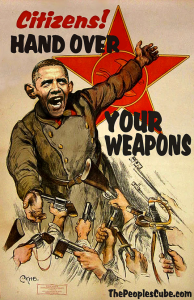 If you really think President Obama, who has been President for seven years now and only has one year left in his term, is a gun confiscator, wouldn’t you think he would have confiscated by now? Don’t you think he would have done it in the first two years of his presidency, when his party controlled the House, Senate and White House?
If you really think President Obama, who has been President for seven years now and only has one year left in his term, is a gun confiscator, wouldn’t you think he would have confiscated by now? Don’t you think he would have done it in the first two years of his presidency, when his party controlled the House, Senate and White House?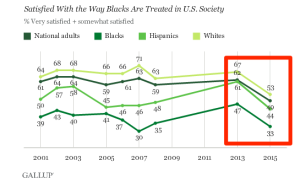 For instance, between 2013 and 2015, Gallup finds
For instance, between 2013 and 2015, Gallup finds